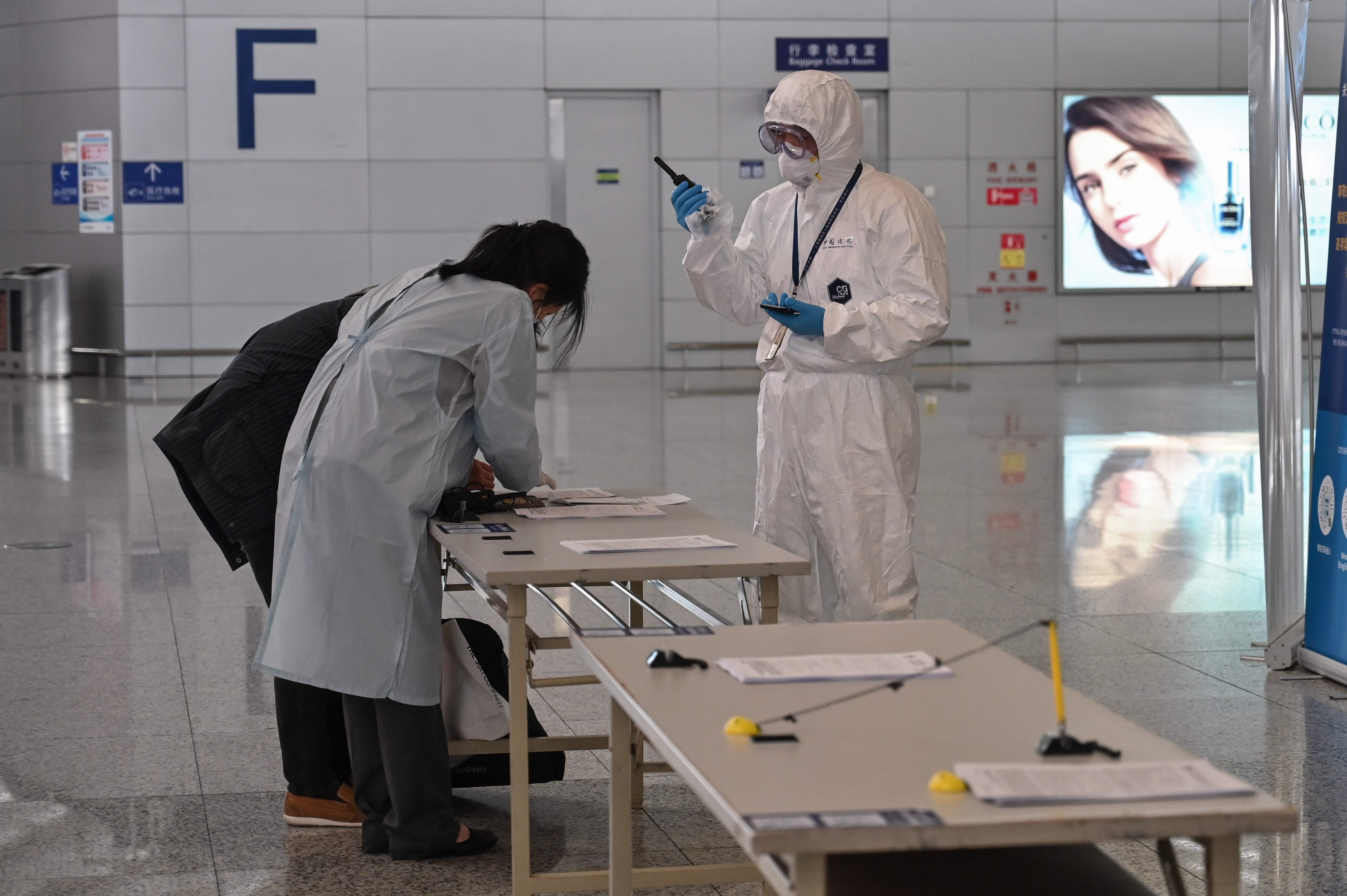

Muscat: Just like many countries, including Oman, are a few weeks away if not months to resume air services, the International Air Transport Association (IATA) has urged governments to avoid quarantine measures.
The IATA said on Tuesday it is promoting a layered approach of measures to reduce the risk of countries importing COVID-19 via air travel and to mitigate the possibility of transmission in cases where people may travel while unknowingly being infected.
Mandatory quarantine measures stop people from traveling. Recent public opinion research revealed that 83 per cent of travellers would not even consider traveling if quarantine measures were imposed on travellers at their destination. An analysis of trends during the lockdown period shows that countries imposing quarantine saw arrivals decrease by more than 90 per cent—an outcome that is similar to countries that banned foreign arrivals.
“Imposing quarantine measures on arriving travellers keep countries in isolation and the travel and tourism sector in lockdown. Fortunately, there are policy alternatives that can reduce the risk of importing COVID-19 infections while still allowing for the resumption of travel and tourism that are vital to jumpstarting national economies. We are proposing a framework with layers of protection to keep sick people from traveling and to mitigate the risk of transmission should a traveller discover they were infected after arrival,” said Alexandre de Juniac, IATA’s Director General and CEO.
IATA encourages a layering of bio-safety measures in two areas:
Discouraging symptomatic passengers from traveling: It is important that passengers do not travel when ill. To encourage passengers to “do the right thing” and stay home if they are unwell or potentially exposed, airlines are offering travellers flexibility in adjusting their bookings.
IATA supports health screening by governments in the form of health declarations. To avoid privacy issues and cut the risk of infection with paper documents, standardized contactless electronic declarations via government web portals or government mobile applications are recommended. Health screening using measures such as non-intrusive temperature checks can also play an important role. Although temperature checks are not the most effective screening method for Covid-19 symptoms, they can act as a deterrent to traveling while unwell. Temperature checks can also shore-up passenger confidence: in a recent IATA survey of travellers, 80 per cent indicated that temperature checks make them feel safer when traveling.
When accepting travellers from countries where the rate of new infections is significantly higher, the arrival authority could consider Covid-19 testing. It is recommended that tests are undertaken prior to arrival at the departure airport (so as not to add to airport congestion and avoid the potential for contagion in the travel process) with documentation to prove a negative result. Tests would need to be widely available and highly accurate, with results delivered quickly. Test data would need to be independently validated so as to be mutually recognized by governments and securely transmitted to the relevant authorities. Testing should be for an active virus (polymerase chain reaction or PCR) rather than for antibodies or antigens.
“Safely restarting the economy is a priority. That includes travel and tourism. Quarantine measures may play a role in keeping people safe, but they will also keep many unemployed. The alternative is to reduce risks through a series of measures. Airlines are already offering flexibility so there is no incentive for sick or at-risk people to travel. Health declarations, screening, and testing by governments will add extra layers of protection. And if someone travels while infected, we can reduce the risk of transmission with protocols to prevent the spread during travel or when at the destination. And effective contact tracing can isolate those most at risk without major disruptions,” said de Juniac.
Oman Observer is now on the WhatsApp channel. Click here



